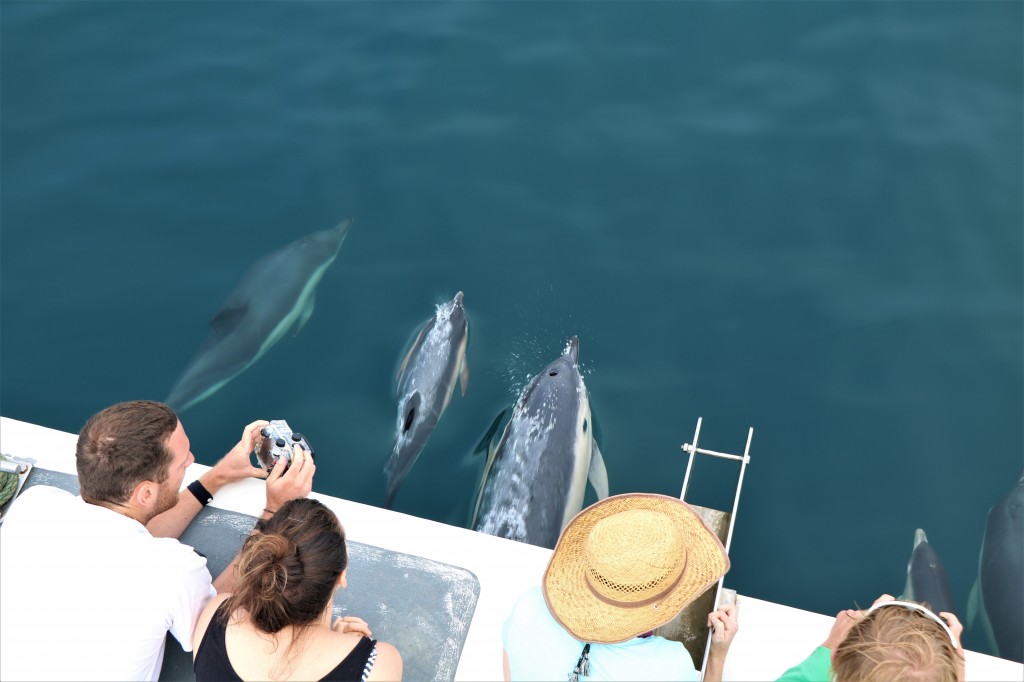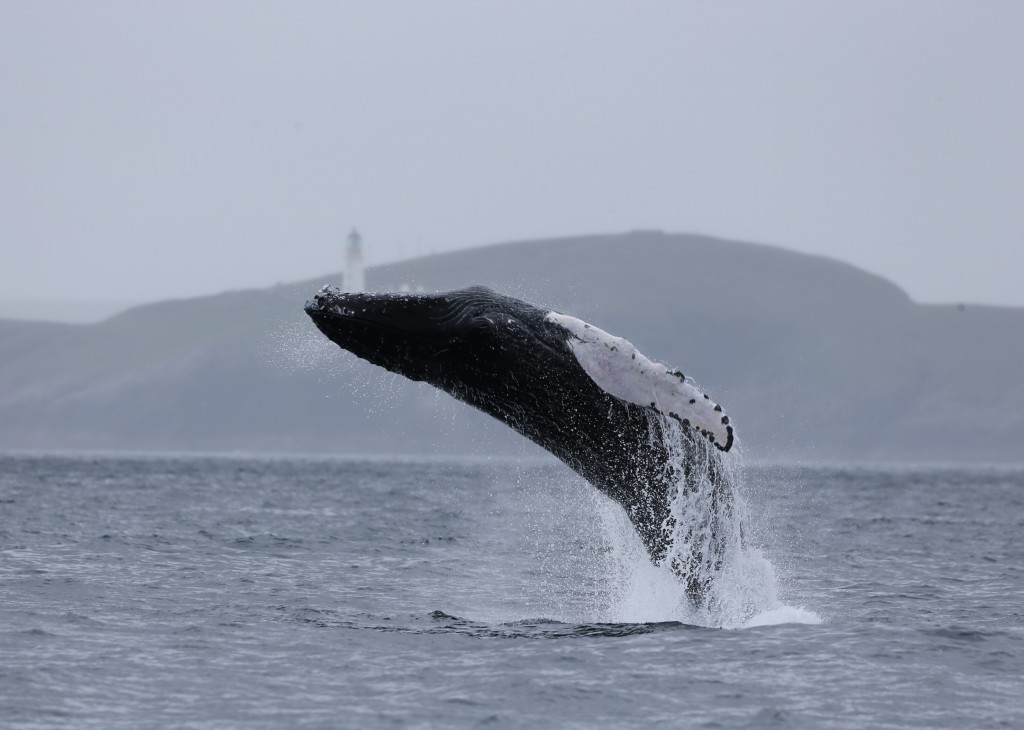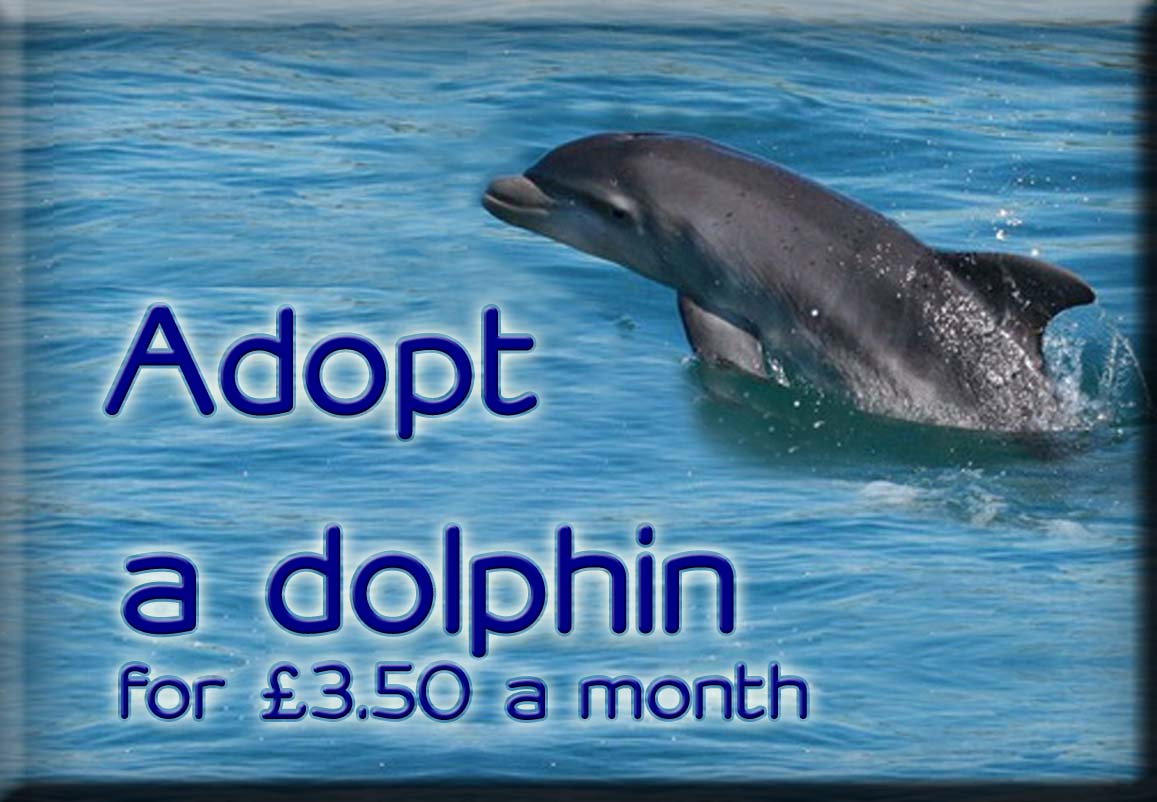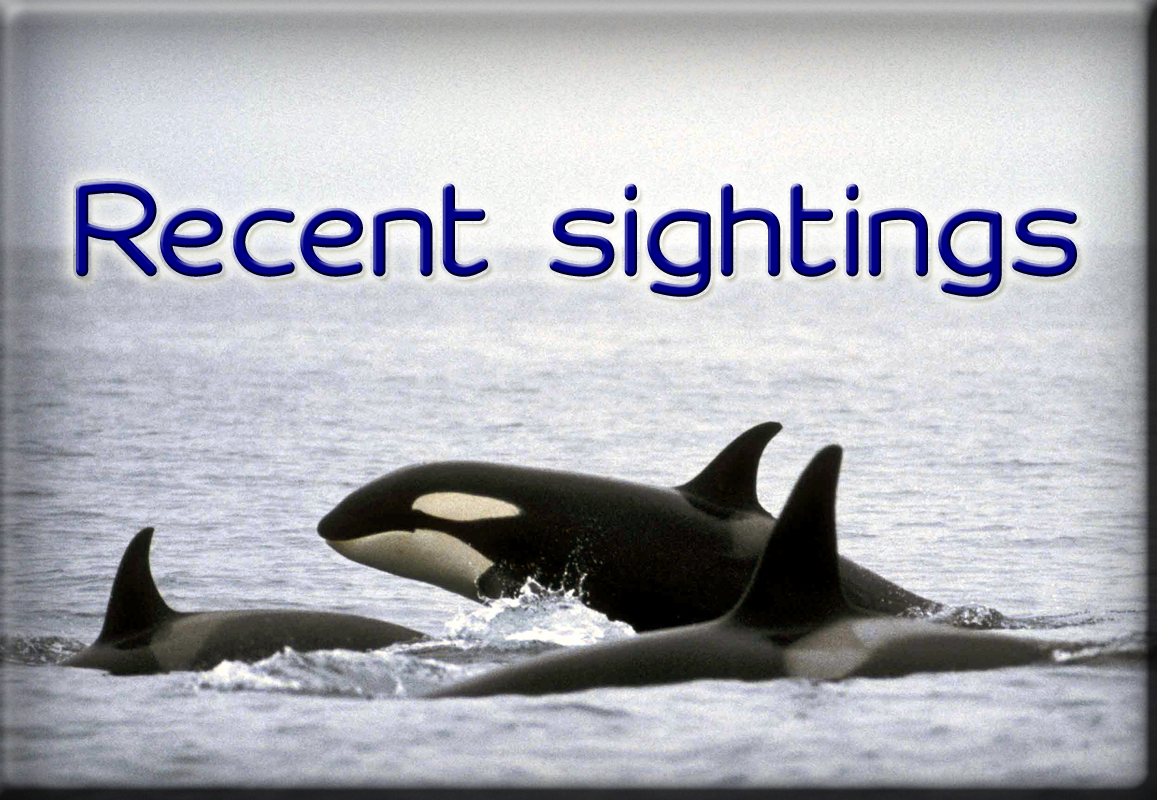By Jasmin Urwick – June 2020
With the Covid-19 pandemic preventing many ecological surveys and monitoring going ahead this year, sightings and records submitted by the public have been essential to continue gathering data on the wonderful array of marine life that can be found around our coastlines.
Citizenship science refers to the recording and collection of data by members of the public who are not formally trained as scientists. This data may be used in scientific studies and go on to inspire the development of government policies to protect our most vulnerable wildlife and their habitats.
“…research conducted by Sea Watch volunteers has contributed to a number of key marine protection policies, including the EU Habitats Directive and UK Biodiversity Action Plan for Cetaceans.”
Frequent monitoring of marine life is essential to help us detect population changes and identify potential causes of decline. The Sea Watch Foundation’s National Whale and Dolphin Watch (NWDW) is an annual event celebrating the collaboration between citizen scientists, wildlife enthusiasts, the general public, and researchers to monitor cetaceans in the UK’s coastal waters. Getting involved with a citizenship science project is a fantastic way to learn more about your local marine wildlife and the pressures facing them. You could even inspire those around you to get involved too!

Katie Malone (2019) demonstrates the importance of citizenship science by showing that data gathered by volunteers can be comparable to large-scale offshore scientific surveys. By actively taking part in national surveys, volunteers can help to effectively monitor the abundance of cetaceans around the UK over long periods of time. You can submit your cetacean sightings to the Sea Watch Foundation at any time of the year or why not join in with the next National Whale and Dolphin Watch (NWDW) from July 25th – 2nd August 2020 (Covid-19 permitting). We think it’s important that scientific research, especially that which has involved citizenship scientists, is accessible to allow us all to make informed decisions that could help us lead more environmentally conscious lifestyles. You can find the report by Katie Malone (2019) here along with many other scientific studies at https://www.seawatchfoundation.org.uk/publications/
We’ll be bringing you a series of blogs highlighting scientific research in the coming weeks, from climate change to minimising tourism disturbance.

























